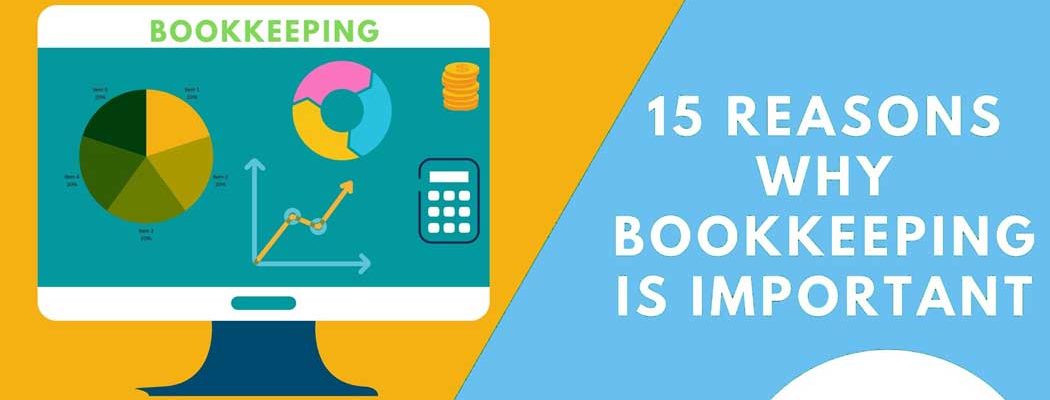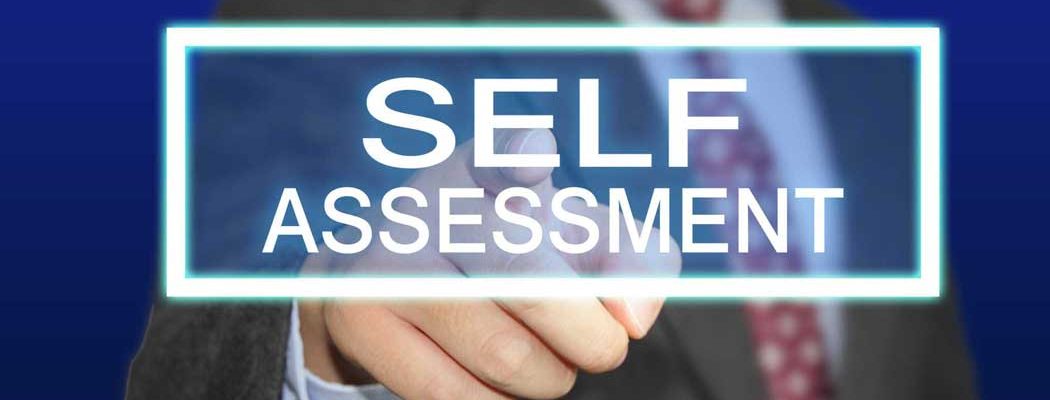“Instead of acting hastily, let’s think strategically” The pandemic has affected many especially small business owners. The lockdowns, border closures, trade restrictions and confinement measures have challenged the profits of businesses and their owners. Many business owners have to consider their bottom line, and in doing this, have to cut their operational costs. One of […]









